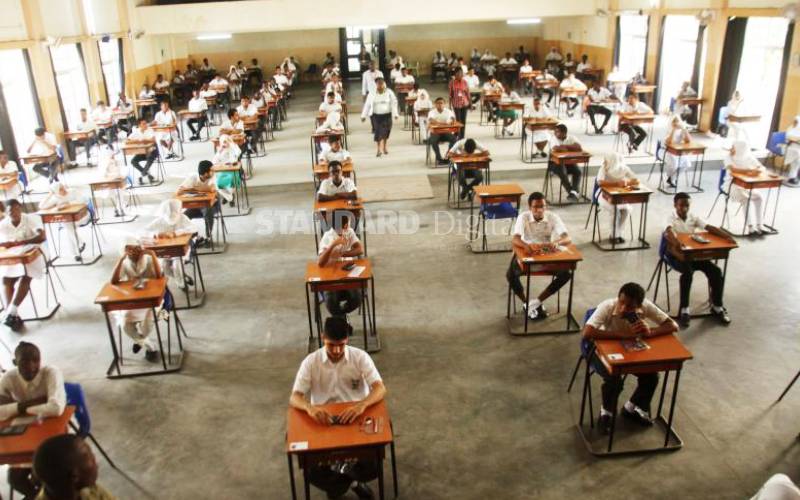×
The Standard e-Paper
Home To Bold Columnists

Three Cabinet Secretaries will meet today for preparations to secure national exams as authorities announced tough penalties for cheating culprits in this year’s examinations.